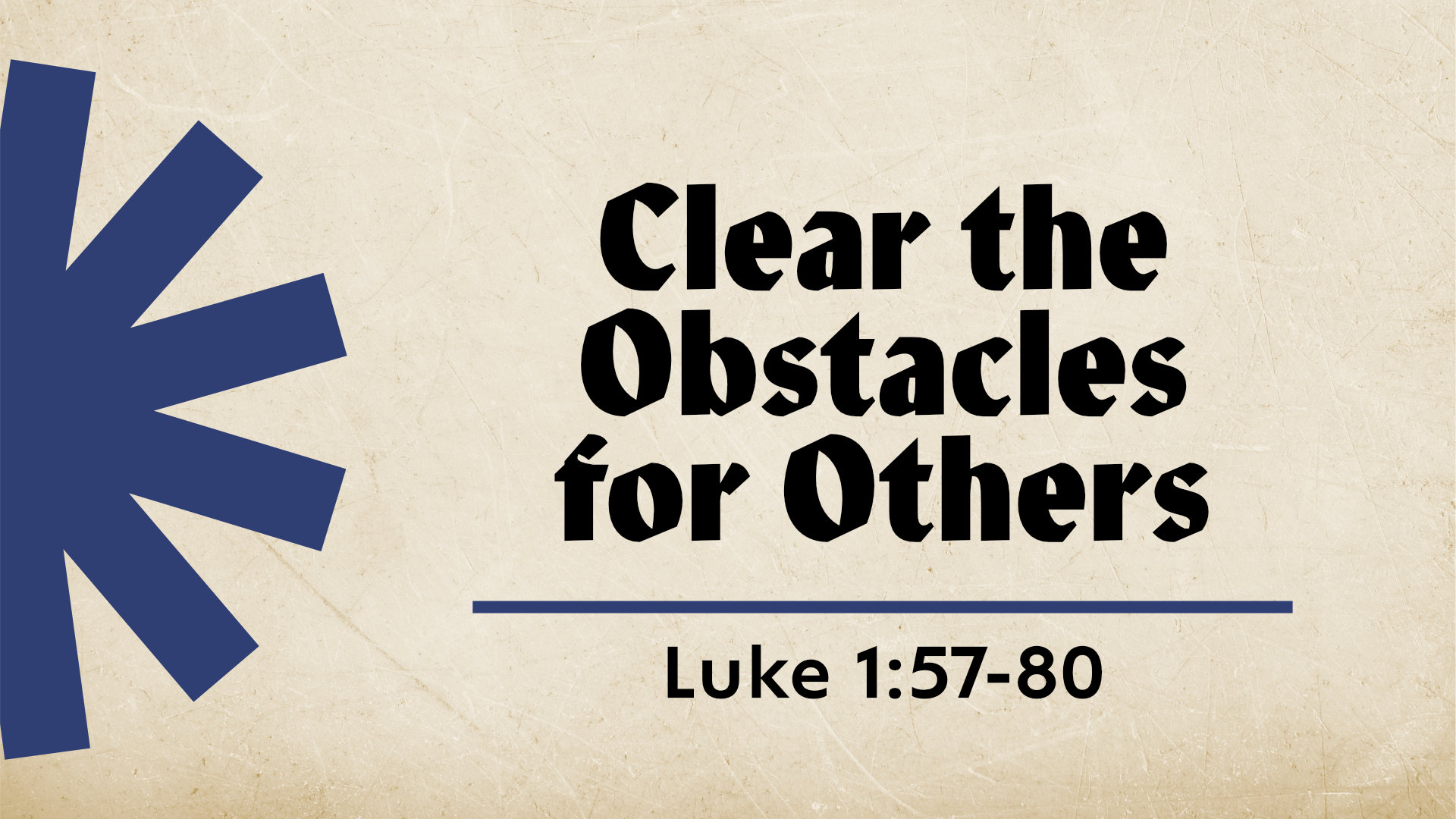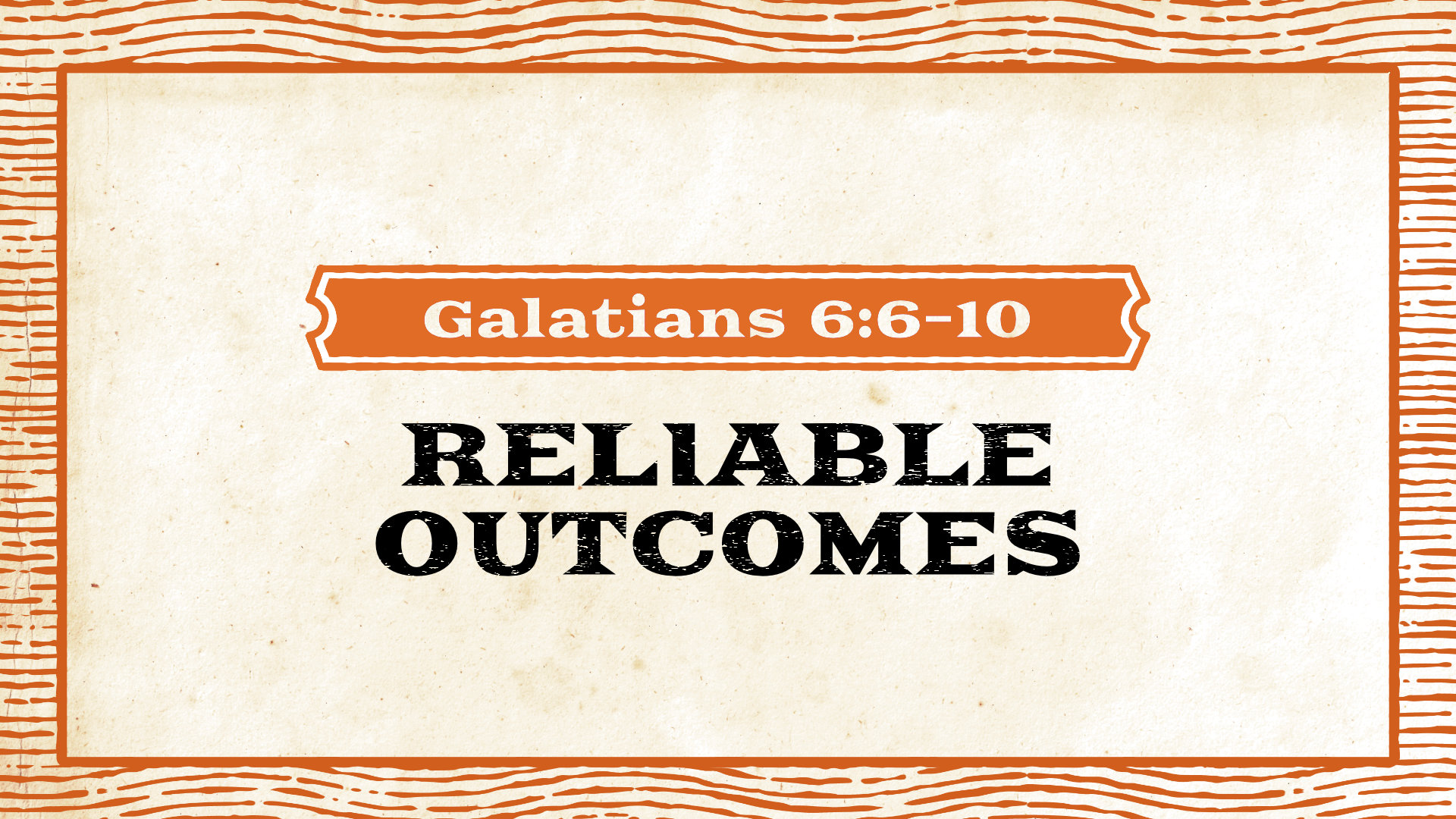When Outside Influences Invade: The Case of Jonah
When Outside Influences Invade: The Case of Jonah
For much of modern history, the Biblical city of Nineveh was lost to history, having only been discovered in 1847 by archaeologists. This past May, a large stone with carvings of Ninevite gods was discovered, which includes an interesting figure for those of us interested in the Biblical account of Jonah. According to Euronews.com, the image includes the Ninevite king Assurbanipal (who lived about 500-600 years after Jonah) flanked by two Ninevite gods and a mysterious third “fish-cloaked” figure who is thought to be an individual with powerful influence over others for either good or evil. Curious, huh?
Even people outside the Church are familiar with the prophet swallowed by a great fish who saved an ancient metropolis. And if you ask me, it sounds like Jonah may have made it into the Ninevite pantheon of gods for his reluctant work of delivering God’s message to the city he despised. If this mysterious figure is indeed Jonah, I can’t imagine he would be happy to learn his greatest enemy held him in such high regard that he was memorialized alongside their gods as much as six centuries after his story.
The question that this discovery begs me to ask, though, is whether the Ninevites wound up worshipping the messenger rather than the God behind Jonah’s message. After all, the people of ancient Nineveh did worship a fish god, and if news of a prophet coming from the mouth of a fish reached the population, it’s not hard to believe that it would garner attention. While the Ninevites did heed Jonah’s message to repent, it is quite apparent they did not give up worshipping all their false gods. And for some time now, I’ve been wondering just how much an influence all the false gods of the ancient world may have had on Jonah, himself.
I mean, think for a minute…He actually demonstrates with his actions that he really believes there’s a place he can go to get away from God. In the ancient world, what kind of person would be inclined to believe he could run to a place where God could not find him? A person whose Judaism is terribly infected by syncretism. Now, if you’ve forgotten about syncretism, let me remind you—think of syncretism as the religious belief that results when one religion taints the practice of another religion. For example, a quick internet search will tell you that in some South American Catholic circles, the Virgin Mary is also known as Our Lady of Guadalupe—a modified version of an Aztec goddess called Tonantzin. Syncretism is not something exclusive to the ancient past.
So, is it possible that some type of syncretism has infected Jonah’s Judaism? I think so. Consider, most ancient gods controlled various realms and had influence over a particular geographical area, and to commune with the god or goddess you visited their temple. So, when Jonah “rose to flee to Tarshish from the presence of the Lord” (ch. 1:3) he’s demonstrating a pagan belief that to get away from a god’s temple is the same as to get away from the god. It’s not until the ship is in the midst of the storm that the foolishness of his plan comes home, and Jonah realizes the folly of his plan. We can see this in chapter 1:9 where he admits that his God made the land and the sea—a claim these pagan sailors probably wouldn’t have made about their god, as they were likely crying out to various gods in charge of the sea or storms.
Long story short, when I read Jonah chapter one, I see a prophet whose religion had become infected by the broader culture in which he lived.
Church, we’d better pay attention.
We might not be praying to pagan gods like we see the sailors doing in Jonah, but every day we are bombarded with noise—people wanting us to place our trust in someone or something as the answer to all our personal and social woes. We tend to think of ancient people as simpler—perhaps not as sharp as we are today. But that is utterly arrogant and ignorant. Whether it’s 2025 BC or 2025 AD, people remain ever the same.
“What has been will be again,
what has been done will be done again;
there is nothing new under the sun.” Ecclesiastes 1:9
So, what’s different about our day compared to Jonah’s? Stuff. That’s about it, if you ask me. We simply have new ways of doing the same ol’ thing. We might not pray to a false god for rescue, but we seek validation in the opinions of others in the social media comments. We might not identify with a sea god who can rescue us from danger, but we’re quick to identify with political figures who promise they can rescue us from all that’s wrong with the state / nation / world if we support their agenda. We might not do like Jonah and try to increase geographical distance from God in order to get away from Him, but we’ll leave Him at church on Sunday, so we can go out and embrace the postmodern world of “you do you” Monday through Saturday.
In short, if syncretistic practices can invade the faith of a prophet of God who has a book in the Bible named after him, how much more should we be on guard?
So, practically speaking, how do we watch out that our Christianity remain true to Scripture and not compromised, bowing to the cultural pressures around us? By rooting ourselves in scripture.
Paul pleads with us in Romans 12:1, “I appeal to you therefore, brothers, by the mercies of God, to present your bodies as a living sacrifice, holy and acceptable to God, which is your spiritual worship.” This is about as practical as Paul can make it: Sacrifice yourself…die to yourself. If Jesus can physically and spiritually die for me, I can change my actions, listen to Godly voices, and avoid divisive rhetoric on social media and 24-hour news that seems to captivate everybody else.
So today, take time to notice if your faith is more informed by scripture, or voices out there in the world telling you what to believe (voices which may or may not share our Scriptural convictions). If we allow people outside the family of God to have a say in our faith, we will wander away from the truth of God’s Word for something else.
While the new archaeological discovery may demonstrate that Jonah could’ve been remembered by a pagan society for a few hundred years as the “fish guy” let’s do our best to make sure our faith is not remembered in caricature. When I'm long gone, I want my kids and grandkids to remember that I was somebody who knew and loved Jesus. Let’s commit to taking actions today that point the next generation to Jesus and get rid of the noise in our lives that stands in the way.














































